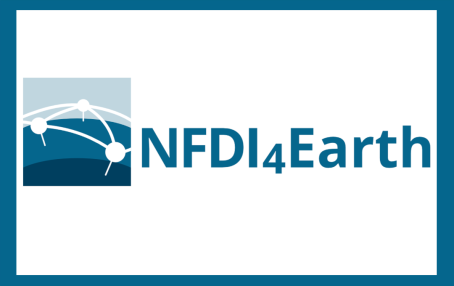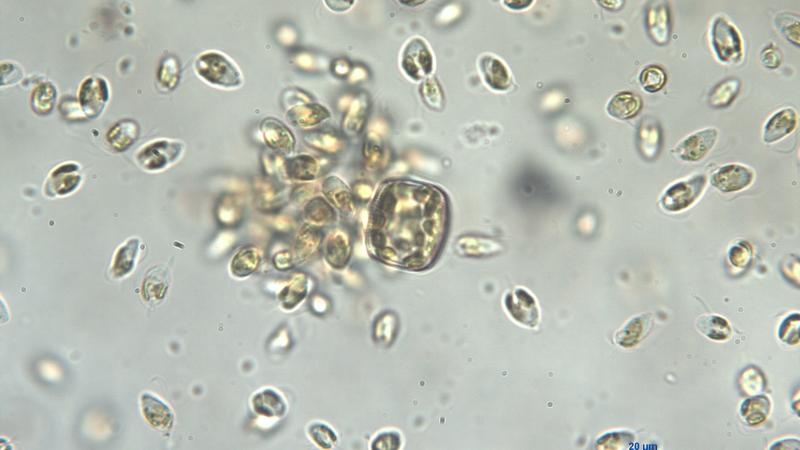
Photo: David Ausserhofer/IGB
For the National Research Data Infrastructure (NFDI) all data generated from publicly funded research projects in Germany is brought together, processed and shared. IGB is involved in three thematic consortia.
We want to improve our competence in the field of data science (specifically in the evaluation of heterogeneous, discontinuous, and large data sets), implement and standardise comprehensive institutional data management practices, and establish a state of the art infrastructure. To this end, tools and workflows for research data management tailored to the needs of IGB research are being developed in the frame of the NFDI consortia. Furthermore, IGB fosters exchange and cooperation with other data stakeholders by organising workshops and participating in many (inter)national initiatives.
NFDI4Biodiversity
NFDI Consortium for Biodiversity, Ecology and Environmental Data

NFDI4Biodiversity is a consortium under the umbrella of the National Research Data Infrastructure (NFDI) dedicated to the mobilising biodiversity and environmental data for collective use. The partners pool their scientific and technical expertise to provide a broad service portfolio for handling biodiversity and environmental data and to develop it further in close cooperation with users from research and practice. The consortium includes close to 50 scientific institutions, museums, natural history societies, state offices, and other institutes and expert groups.
The cooperation of the partner network is guided by the knowledge that stakeholders in science, politics, nature conservation and landscape management need reliable data to be able to develop better contributions to the conservation of biodiversity.
To this end, the consortium partners offer added value to the professional community, specifically:
- Access to modern technologies and a comprehensive stock of biodiversity and environmental data
- Methods and tools for archiving, publishing, searching and analyzing data that are suitable for everyday use and have been tried and tested in practice
- An expert forum for the safe and competent handling of data for broad and responsible use
IGB contributes to the field of freshwater biodiversity through the interdisciplinary potential of our institutional data management as well as our biodiversity research.
NFDI4Microbiota
IGB also participates in the NFDI4Microbiota consortium. Our goal is to standardise and harmonise microbiological data for biodiversity research. With our unique long-term routine data from four lakes over almost twenty years, we want to contribute to the NFDI4Microbiota initiative. We are currently sequencing the last eight years of samples from this long-term programme.
NFDI4Earth

IGB is co-applicant of the NFDI4Earth consortium. We want to optimise the integration of earth system data into freshwater research and for earth system science in general by accounting for the crucial, yet often neglected connectivity within freshwater water bodies themselves and their terrestrial catchments. The central tool will be the new GeoFRESH online platform that provides the integration, processing, management and visualisation of various standardised spatiotemporal freshwater-related earth system data. The platform allows exploiting the full potential of environmental, physical and freshwater biodiversity data along the hydrographical network, and will deliver a critical tool for stakeholders from research, sustainable water management and for monitoring freshwater ecosystem services. In addition, the data interoperability allows enhancing the freshwater-specific data exchange among realms. GeoFRESH represents a long-overdue component in freshwater-related FAIR data management, and has high potential for advancing a seamless freshwater data integration across earth system disciplines.





